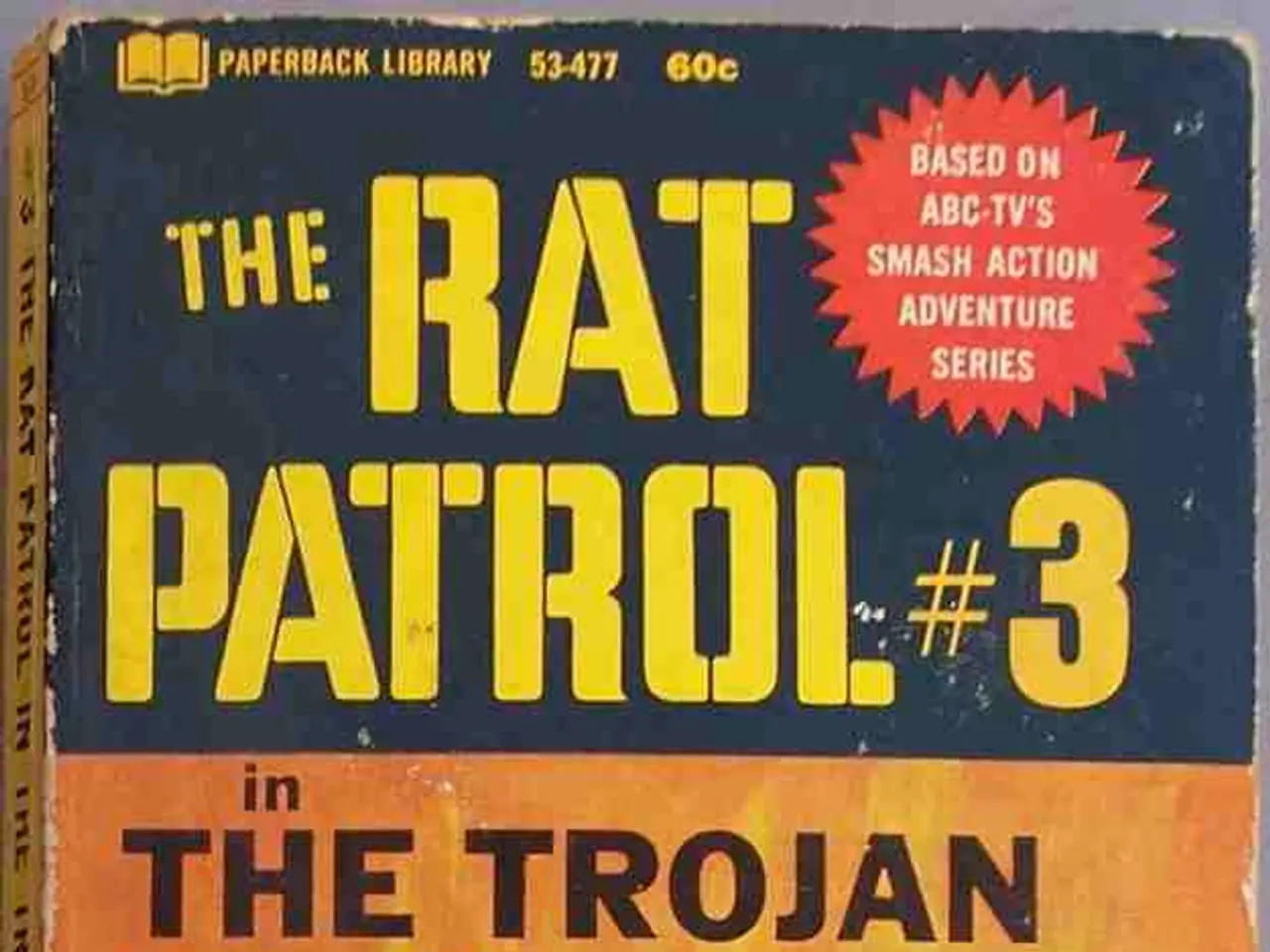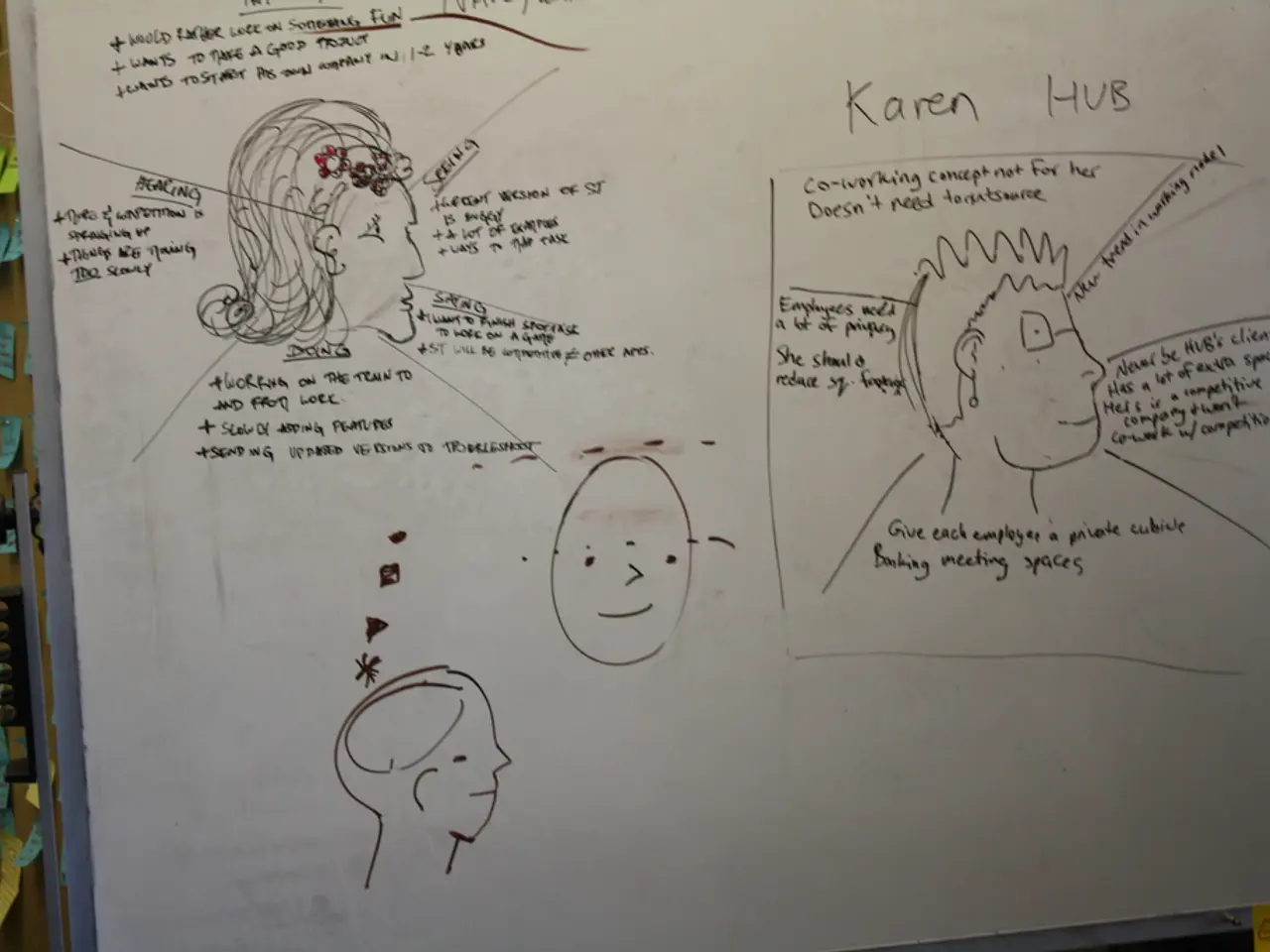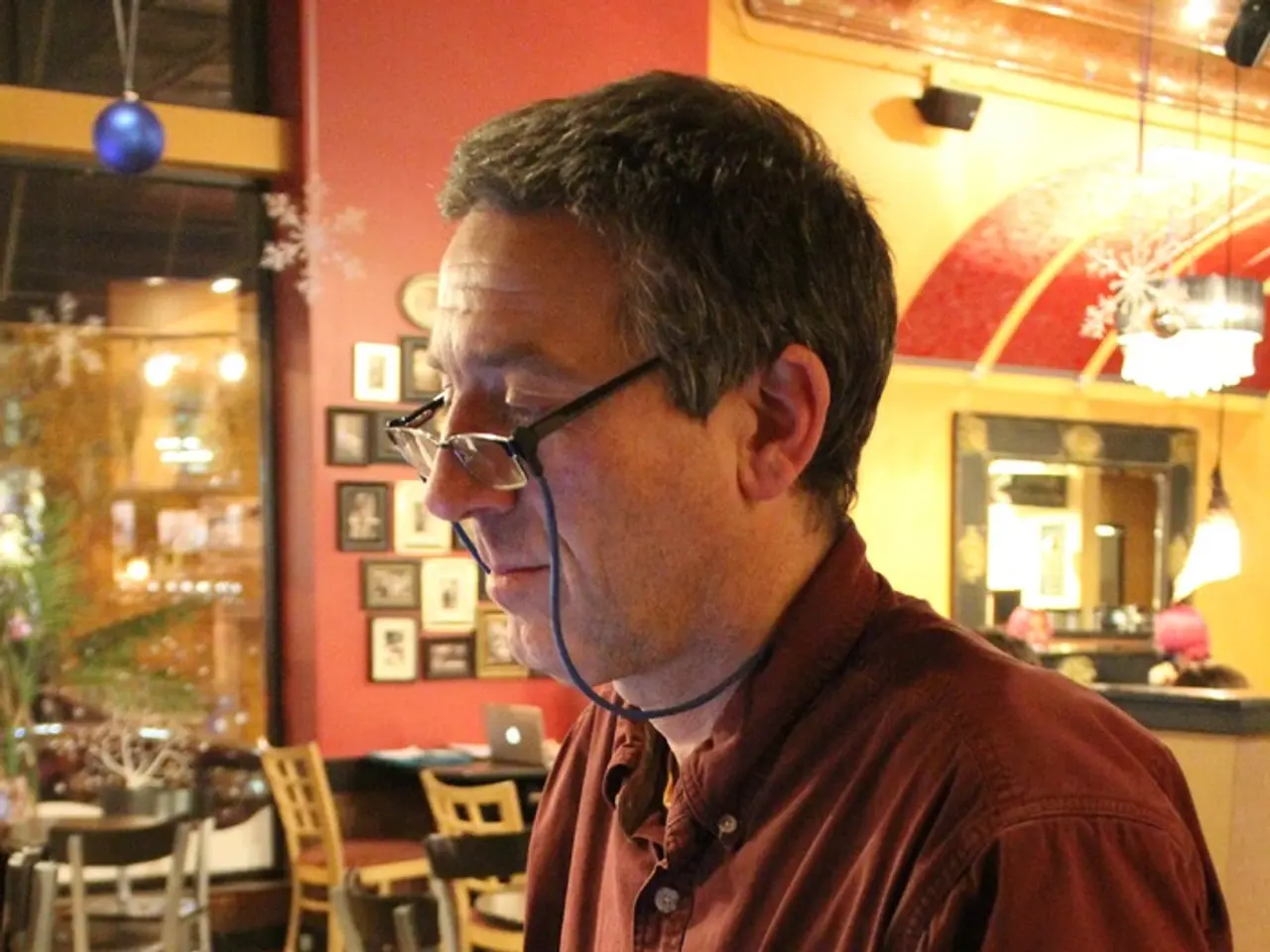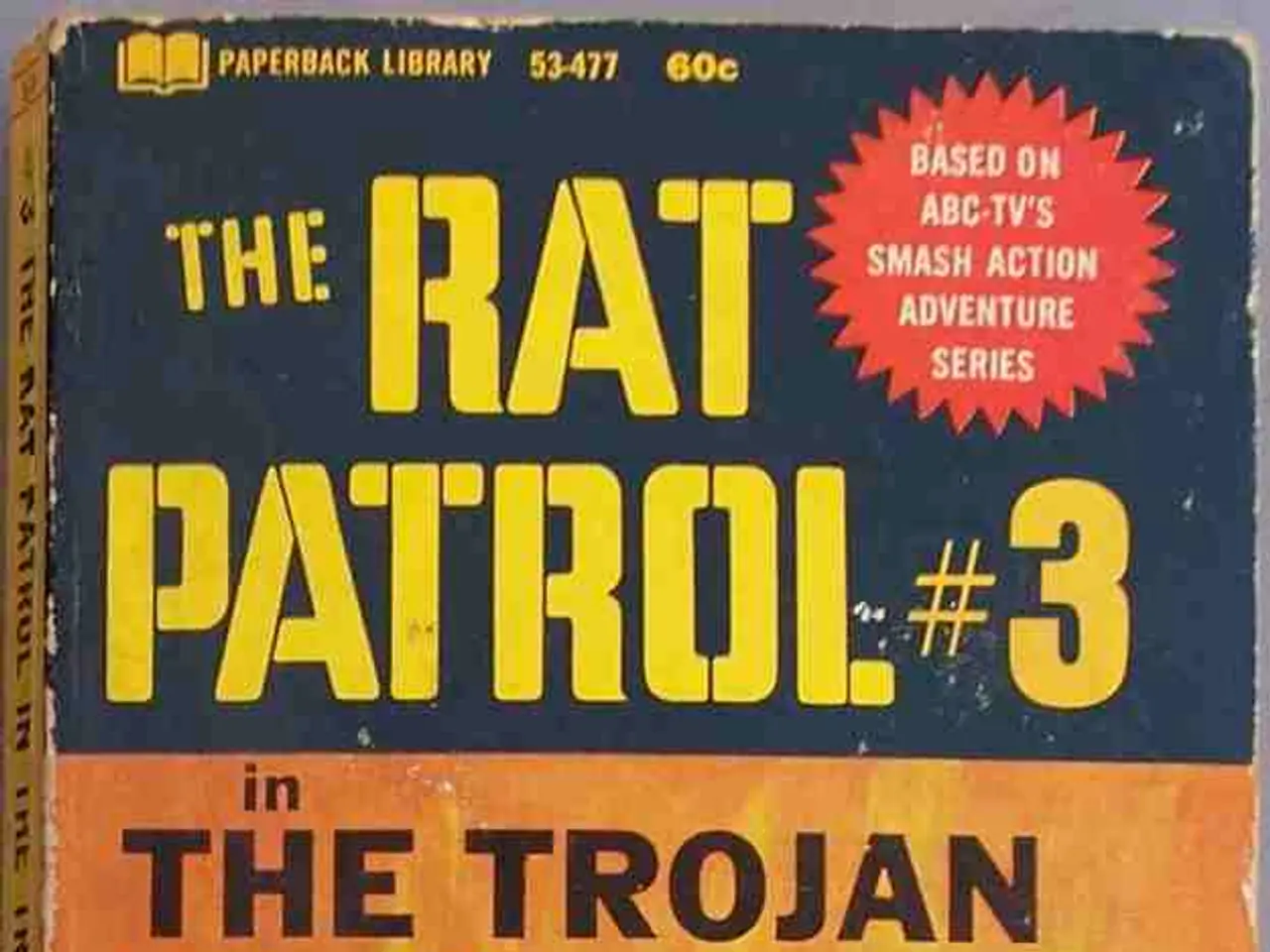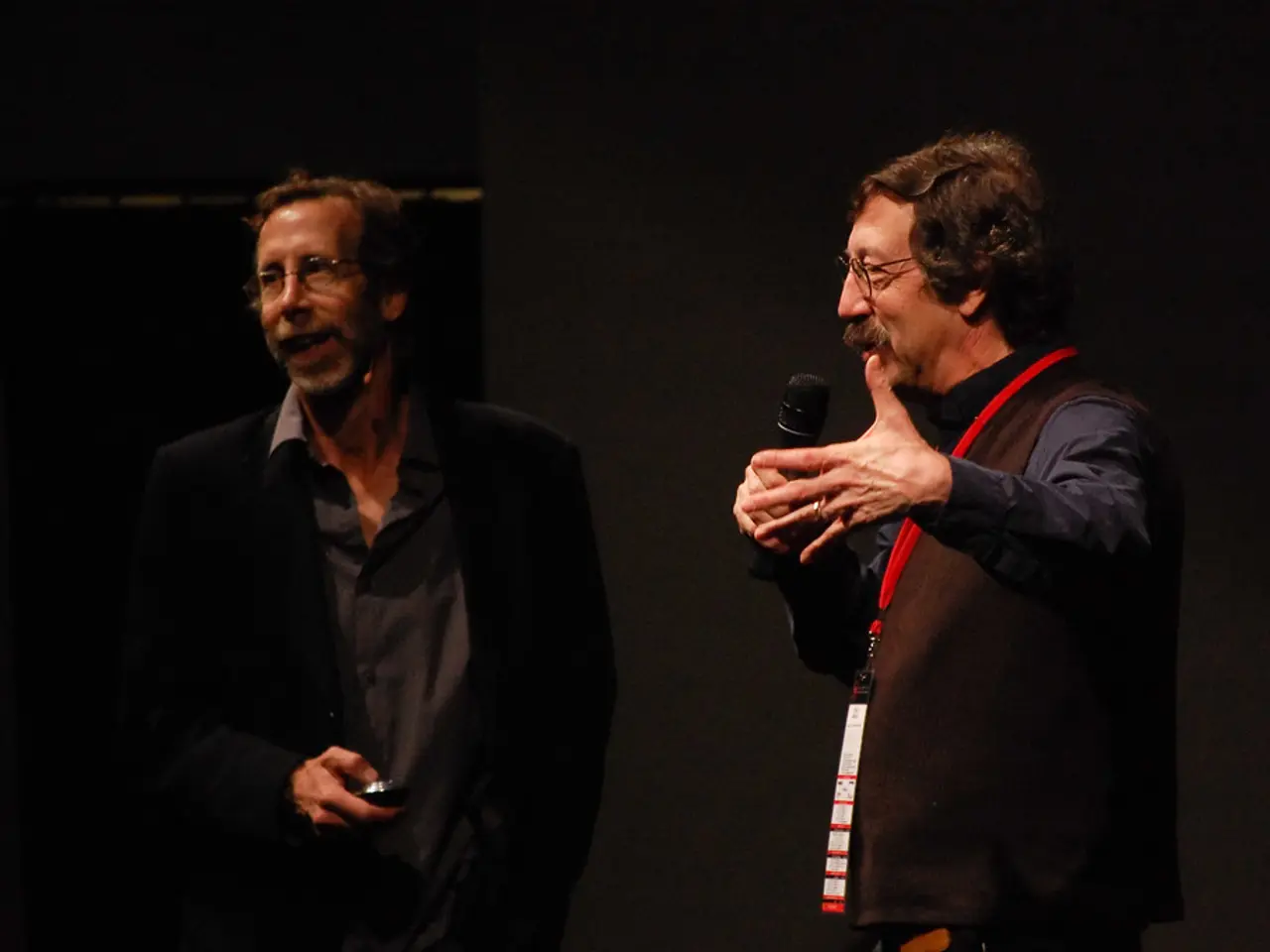Thai Military Discusses Border Dispute with Cambodia, Affirms Devotion to National Sovereignty and International Laws
The ongoing Thai-Cambodian border conflict, which erupted on July 24, 2025, has resulted in casualties on both sides and displaced over 130,000 civilians across border provinces. The Royal Thai Army (RTA) has reaffirmed its commitment to defending Thailand's sovereignty and adhering to international law.
The RTA held a briefing on Friday to discuss the ongoing conflict with diplomats, military attaches, and the media. During the briefing, the RTA reiterated that Cambodia initiated the attack first, using long-range weapons to target civilian areas, causing unacceptable damage to both lives and property.
Thailand has denied accusations of using chemical weapons and MK-84 bombs that allegedly landed on Cambodian homes. The RTA stated that the images Cambodia presented as evidence of MK-84 bombs were actually old bombs from the Vietnam War era, and they do not align with scientific principles.
Cambodia has been accused of sending both uniformed and plainclothes soldiers disguised as civilians to the border regions for disruptive activities. The RTA outlined several key incidents of Cambodian aggression, including setting fire to the Tri Muk Pavilion on February 28, 2025, and planting PMN-2 anti-personnel mines in multiple areas within Thai territory in July 2025, injuring two Thai soldiers.
The international community has since assisted in demining operations to ensure safety in the affected areas following the planting of PMN-2 anti-personnel mines by Cambodia. The conflict has also resulted in the death of an 8-year-old child and forced more than 150,000 civilians to evacuate.
Thailand's actions were taken in self-defence and were both necessary and proportional as outlined in Article 51 of the UN Charter. The RTA invited ASEAN military attaches to discuss the Thai-Cambodia border situation and ceasefire monitoring.
The RTA disclosed the itinerary of foreign envoys' inspection in Si Sa Ket, inviting them to witness the aftermath of Cambodian aggression firsthand. Thailand urges the international community to follow the situation with understanding and join in pushing for bilateral negotiations to peacefully resolve the issues.
Cambodia has been accused of violating the ceasefire until 05:10 AM on 30 July 2025, with violations occurring in several areas, including Chong Bok Area, Ubon Ratchathani Province, Sam Tae Area, Sisaket Province, Pha Mor E Daeng, Sisaket Province, Phu Ma Khua/Khanmar Area, Sisaket Province, Phlan Yao Area, Sisaket Province, and Ta Kwai Temple, Surin Province.
As the conflict persists, Thailand asserts Cambodia’s violations of international law and humanitarian conventions, while Cambodia seeks legal adjudication through the International Court of Justice (ICJ). The international community has engaged mainly through diplomatic briefings and support for demining operations but has yet to broker a lasting peaceful solution.
- The ongoing Thai-Cambodian border conflict, which has been marked by war-and-conflicts, has raised concerns within the general-news sphere as it has resulted in extensive casualties and displacement, and has even drawn the attention of international politics.
- As the conflict continues, health issues have become a significant concern, with over 150,000 civilians forced to evacuate and an 8-year-old child tragically losing their life.
- The international community, while offering assistance in demining operations, has yet to fully intervene in the politics of the situation, with no clear resolution in sight, as the two nations continue to point fingers at each other, exacerbating war-and-conflicts and general-news headlines.
